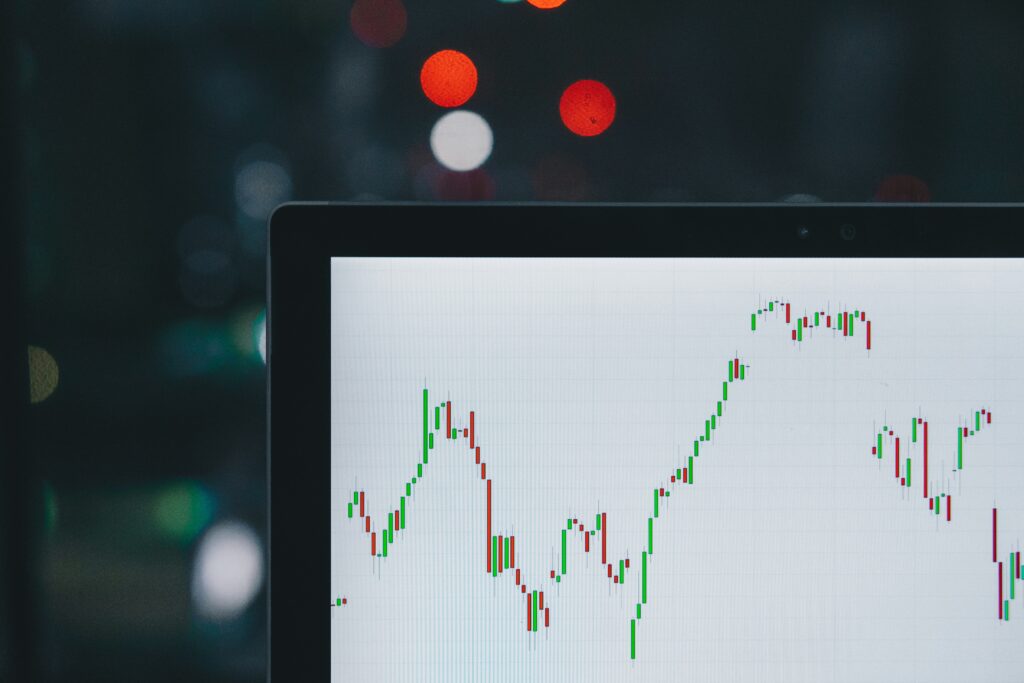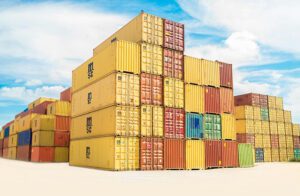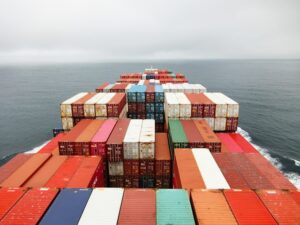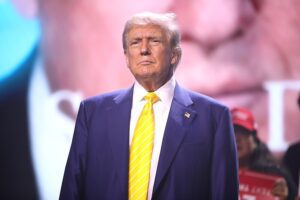At the Atlantic Council “Front Page” event on June 3, US Trade Representative Katherine Tai provided a comprehensive assessment of global economic growth since the establishment of the Bretton Woods system. Speaking at the Atlantic Council’s headquarters in DC, Tai reflected on the successes and challenges faced over the past eight decades and emphasized the need for renewed global confidence in the economic system.
“The Bretton Woods system laid the foundation for unprecedented global economic growth and stability,” Tai said. She acknowledged the significant progress made in reducing poverty and promoting development but also highlighted recent economic uncertainties that have shaken global confidence. Tai cited the 2008 financial crisis and the COVID-19 pandemic as examples of significant disruptions that have tested the resilience of the global economic system.
Tai also pointed to the ongoing Russia-Ukraine war as a major factor affecting global trade. The conflict in Ukraine has caused severe disruptions in global supply chains, particularly in the energy and agricultural sectors. Sanctions on Russia and the destruction of Ukrainian infrastructure have led to increased prices and shortages of key commodities, exacerbating inflationary pressures worldwide.
Tai stressed the importance of adapting the transatlantic trade relationship to address these challenges and ensure sustained economic health. “We must build on the successes of the past while addressing the new realities of today’s global economy,” she stated. Tai called for collaborative efforts to tackle issues such as climate change, digital transformation, and economic inequality.
The event, marking the eightieth anniversary of the Bretton Woods system, served as a platform for discussing how to adapt economic policies to meet future challenges. Tai emphasized the need for innovative approaches to trade policy that can respond to changing global dynamics.














